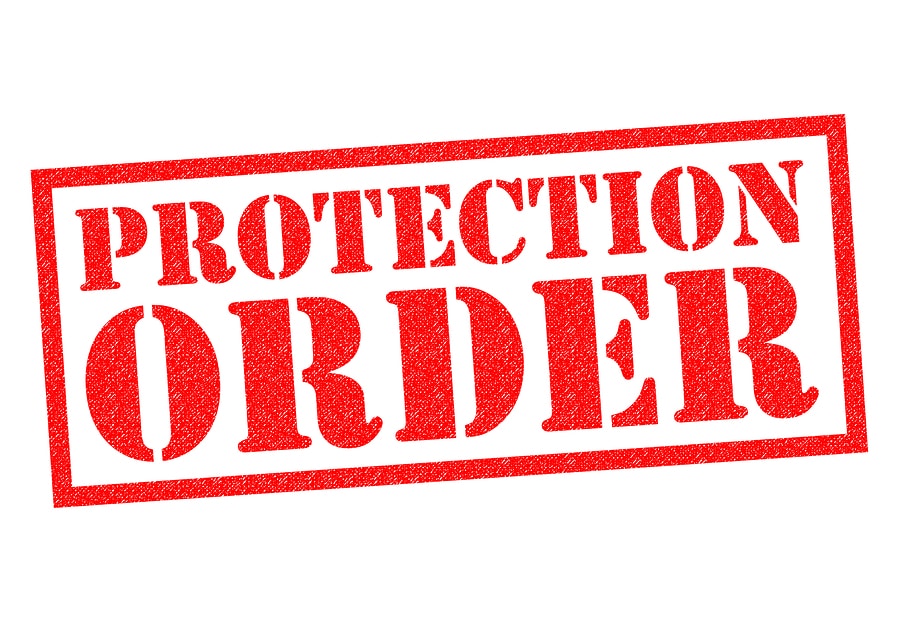The issue of and statistics about domestic violence have received significant state and national attention over the last several years. Actual or threatened domestic violence may result in criminal charges with the right to remain silent or a civil domestic protective order.
A civil domestic protective order is issued to attempt to stop threats or risk of harm to the person who petitions for it. Such an order may be granted without a hearing or after a hearing is set and the alleged perpetrator is given notice to attend. When a civil protective order is issued without a hearing based on the allegations of the petitioner, an alleged perpetrator must ask for a hearing or the order will stand for up to two years. If a hearing is set, failure to appear or not prevailing, will result in a protective order being issued.
Upon notice of the issuance of a protective order itself, it is a criminal act to violate the protective order. In addition, it is placed in a national database to alert the police. Also, whether the protective order is issued before a hearing or after a hearing, when a hearing is held failing to prevail makes the respondent (alleged perpetrator) Brady disqualified in most cases. If you possess firearms or ammunition it is a state and federal criminal act.
Protective order causes particular issues for those employed who must possess firearms in the line of their work, such as police officers and members of the armed forces. Thus, a protective order may have significant aspects and impact beyond being ordered to stay away or have non-violent contact with the perpetrator.
While most protective orders are sought for domestic violence, many are not but for other reasons, such as to gain an “advantage” in child custody litigation. If you receive notice of a protective order and/or hearing, you should consult with counsel who handles such cases to determine the impact this may have on you and your way of life and evaluate defenses.
Indiana’s judges and attorneys help all parties to a protective order stay safe and at the same time, protect the integrity of the system and protective order process by affording a timely hearing. This is the balance our State has struck and you should take all caution to follow any order of protection, and at the same time, realize that some are dissolved after a hearing because of lack of evidence.
Ciyou & Dixon, P.C. attorneys defend protective orders across the state of Indiana. This blog post is written for general educational purposes. It is not intended as legal advice or a solicitation for legal services.








